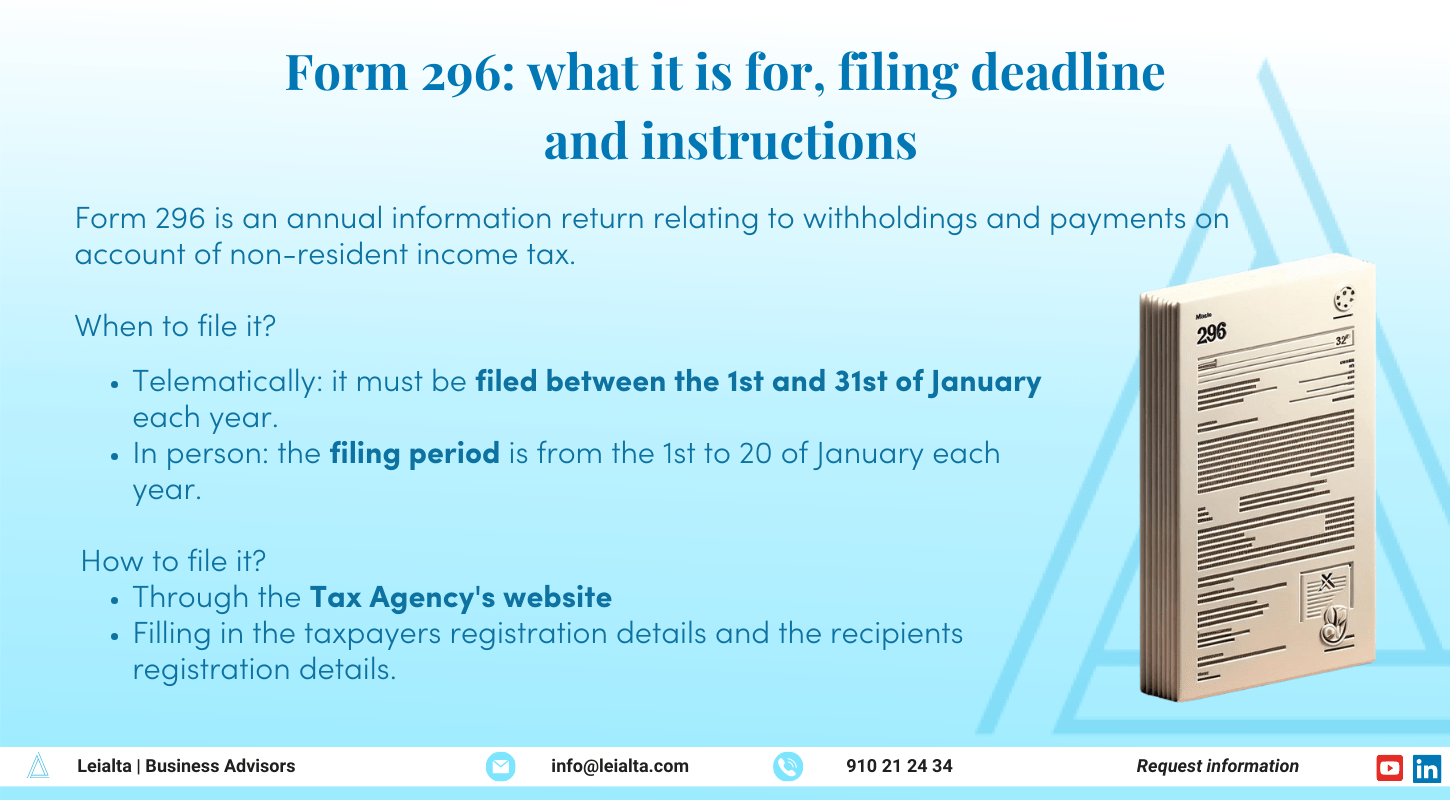
E-commerce has evolved very positively over the last few years so that, according to CNMC data, 55% of transactions carried out from Spain are with foreign countries and 13.9% from abroad with Spain. This means that many companies work in several countries, so international taxation comes into play.
In addition, globalisation has allowed companies of different sizes, not only large multinationals, to access international markets. Today, small and medium-sized enterprises (SMEs) can also offer their products and services across national borders thanks to e-commerce platforms and logistics solutions that facilitate exports. However, this new international context also brings with it challenges in terms of taxation, as each country has its own regulations.
Therefore, properly managing the taxation of different jurisdictions is essential to avoid penalties and optimise compliance with tax regulations. In this article we tell you what international taxation is, what principles it is based on and what challenges it faces.
What is international taxation?
Index of contents
International taxation is the set of laws and other rules that apply to professionals and companies that carry out economic activity in several countries.
Moreover, international taxation affects not only businesses that physically operate in other countries, but also those that provide digital services or sell products through online platforms to customers in other jurisdictions. With the rise of the digital economy, many countries have implemented new regulations to ensure that companies that do not have a physical presence in their territory, but generate income from their residents, also pay tax. In order to tax correctly, it is essential to know which tax regulations apply and what double taxation agreements exist.
We must remember that international taxation affects all types of companies. These include, among others, the following:
- Companies that operate online offering products or services in several countries.
- SMEs that export products.
- Companies dedicated to the international transport of goods.
- Catering, fashion or accommodation companies that have branches in other countries.
What are the principles of international taxation?
There are several key principles governing international taxation which should be clear in order to know how to tax. They are as follows:
Principle of tax residence
Based on this principle, a person must be taxed where he/she is resident for tax purposes. In order to determine where the tax residence is, elements such as the following are considered:
- The place where the person spends the most time during the year.
- The place where the person’s economic interests are located.
- The place where the person’s family lives.
In the case of companies, tax residence is mainly determined by where the effective seat of management of the company is located, i.e. the place where key decisions are made. However, it is important to note that some jurisdictions may apply stricter rules, such as the need to register a local subsidiary if the company’s activities in the country are significant.
International double taxation
Internationally, there are agreements between countries to avoid the same income being taxed both in the country of residence and in the country where the income is generated. To avoid double taxation, exemptions are often regulated in one of the countries through international double taxation treaties.
International tax transparency
It means that jurisdictions in different countries can exchange tax information automatically to prevent tax avoidance and improve cooperation in tax collection.
The exchange of information is essential to combat tax fraud and to ensure that foreign income is correctly declared.
In recent years, the OECD has pushed for the creation of global standards such as the Common Reporting Standard (CRS), which obliges financial institutions to share information on non-resident accounts with the tax authorities of the countries concerned. This has greatly facilitated the detection of potential fraud and compliance with tax obligations.
Transfer pricing
These are rules that ensure that the exchange of goods and services between subsidiaries of a company that are located in different countries is done at market prices. This prevents actions being taken to pay in jurisdictions with a better tax burden.
What are the challenges facing international taxation?
There are a number of factors which influence international taxation in different ways and which pose a challenge for international tax advisers. These are as follows:
Size of the organisation
Large multinationals usually have sufficient resources at their disposal to set up branches or subsidiaries in other countries and optimise their tax burden. However, SMEs and the self-employed who wish to internationalise their business face a lack of knowledge of international taxation and need the help of an international tax advisor.
International regulations
Tax regulations vary widely from country to country and this adds to the complexity of international taxation. In addition, legislation changes frequently and new obligations arise. It should not be forgotten that non-compliance with regulations can lead to inspections and penalties. For this reason, it is essential that the international tax consultancy that analyses each case is up to date with current regulations and is in constant communication with its clients to prevent any risk.
Developments in technology
Developments in technology affect international taxation in a number of ways:
- It enables greater control of tax obligations.
- It facilitates tax transparency.
- It helps companies to carry out procedures simply, quickly and without errors.
On the other hand, however, it has led to the emergence of new forms of tax evasion.
To avoid this problem, tax administrations in many countries are using increasingly sophisticated technological tools to ensure that professionals and businesses comply with their obligations.
International taxation, therefore, is a complex issue that requires a thorough understanding of local and foreign tax regulations and double taxation treaties.
At LEIALTA, we know that managing international taxation can be a daunting challenge, especially for growing companies. Our specialist international tax advisory team is here to help you navigate this complex environment, ensuring your business complies with all regulations, minimising risks and optimising the tax burden. We will analyse your specific situation, apply the relevant double taxation treaties and ensure that you take advantage of all the tax benefits that different jurisdictions have to offer. If you need help, do not hesitate to contact us.



